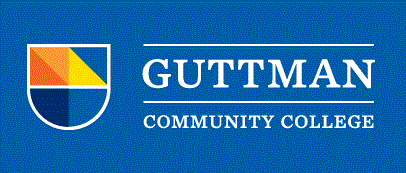
Publications and Research
Document Type
Article
Publication Date
Spring 2020
Abstract
Developmental mathematics, which is designed to prepare students for college-level mathematics courses, can be a barrier to students’ success. In the United States, the majority of students placed into developmental mathematics courses fail to complete the developmental sequence. Alternative mathematics pathways offer some benefits when integrated with “just-in- time support” or expedited instruction on specific prerequisite concepts needed solely for the current lesson. This study compares two statistics courses taught at a public community college: a complete course taught in one semester and a two-semester version with just-in-time developmental content integrated into the course. The study found that students placed into the one-semester statistics course accumulated significantly more credits after one and two years of college. These students also completed an associate’s degree within two years at a significantly higher rate than students placed into the two-semester statistics course. The study also found students deemed non-proficient by the college’s placement exam, who also had a strong high school average were significantly more likely to earn a grade of A- or higher or a grade of B- or higher compared to students originally deemed proficient.
Included in
Curriculum and Instruction Commons, Higher Education Commons, Higher Education and Teaching Commons, Other Statistics and Probability Commons, Science and Mathematics Education Commons


Comments
This work was originally published in the Journal of Mathematics at Teachers College.
This is an open access article distributed under the terms of the Creative Commons Attribution License, which permits the user to copy, distribute, and transmit the work provided that the original authors and source are credited.